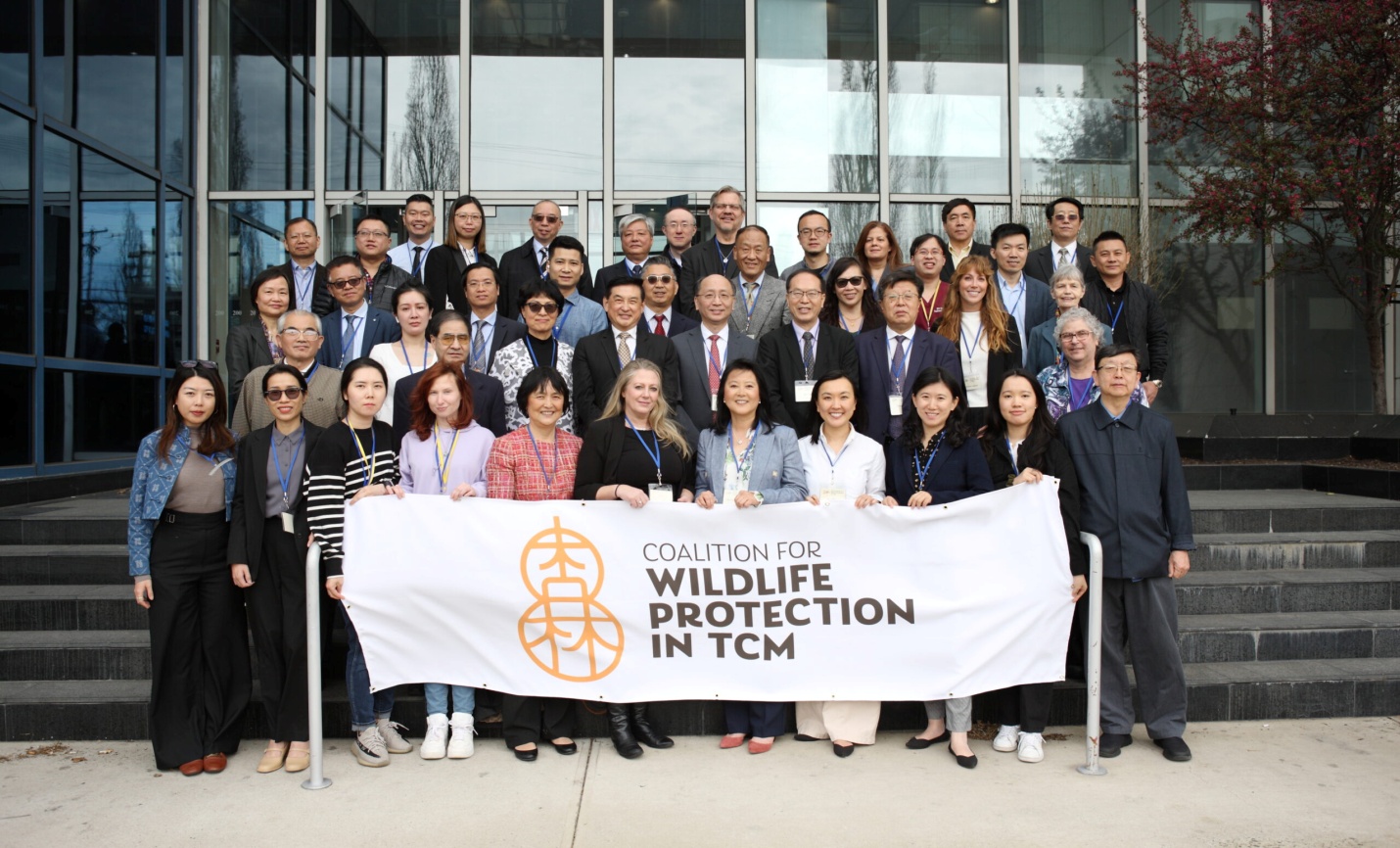
 i_need_contribute
i_need_contribute

The Coalition currently has 30 members which include World Traditional Medicine Forum, Coalition of Globalization of Chinese Medicine, national Chinese medicine and acupuncture associations/organizations in the United States, plus many Chinese medicine colleges and herbal distributers. This organization is co-chaired by Lixing Lao, Ph.D. (President of Virginia University of Integrative Medicine and Vice-Chair of World Federation of Acupuncture-Moxibustion Societies) and Yemeng Chen, Ph.D. (President of New York College of Traditional Chinese Medicine, Vice-President of World Traditional Medicine Forum, and President of National Federation of Chinese TCM Organizations). Ms. Lixin Huang and Ms. Christina Vallianos are advisors. The founding members of the Coalition Board includes Zhilin Dong (President of World Traditional Medicine Forum), Yibin Feng (Director of School of Chinese Medicine in the University of Hong Kong), Yvonne Lau (President of Mayway US), and Daniel Jiao (Former Chair of National Certification Commission for Acupuncture & Oriental Medicine, USA). Jenniffer Wu serves as the Secretary.
This meeting defined the essential mission of the Coalition which envisions a world in which traditional Chinese Medicine is a sustainable, green, non-wildlife, and environmentally friendly medicine for the health of human beings and the earth. At this meeting, the coalition also pledged not to use endangered wildlife [animal] products in their medicinal practice. This initiative is the first of its kind by the TCM community.
On the following day (4/14), the second conference of Wildlife Protection in Traditional Chinese Medicine was held in NYCTCM, which was co-chaired by Dr. Yemeng Chen and Dr. Lixing Lao. About 300 professionals attended this conference either in-person or online. Many leaders of core national professional organizations physically participated in the conference and also joined the panel discussion. Such professionals include Dr. Mark McKenzie (Executive Director of Accreditation Commission for Acupuncture & Herbal Medicine), Ms. Kristin Richeimer (Interim Executive Director of Council of Colleges of Acupuncture & Herbal Medicine), Dr. Olivia Hsu Freidman (Chair of American Society of Acupuncturists), and Dr. Ann Wang (Vice President of National Federation of Chinese TCM Organizations), etc.
Prof. Shishan Yu (Deputy Director of Institute of Materia Medica, Chinese Academy of Medical Sciences & Peking Union Medical College) presented his keynote report “Research on the therapeutic substances and creation of the artificial substances from endangered Chinese animal medicinal materials”. In his report, he highlighted his 20+ years of research regarding artificial substances of antelope horn and bear bile. He analyzed the active ingredients, structures, proportions, ratios, contents, etc. contained in endangered medicinal materials, and used chemical and biological methods and technologies to create more environmentally conscious substitutes that still retain vital elements of the original medicinal materials. Prof. Yibin Feng (Director of School of Chinese Medicine in the University of Hong Kong) presented his report on the topic of Coptis as an alternative to bear bile in cancer treatment. Prof. Zhengtao Wang (Tenured Professor of Institute of Chinese Materia Medica, Shanghai University of Traditional Chinese Medicine) introduced chemical and pharmacological evaluation of bio-transformed product for the substitution of bear bile. Prof. Jiangang Shen (School of Chinese Mediicne of HKU) shared current progress on endangered species and their substitutes used in Traditional Chinese Medicine for stroke and acute brain injury treatment. These reports indicate that the research into substitutes for endangered animals used as material medica is already well underway.
At the conference, famous experts in the field shared their clinical experience with successfully practicing without the use of endangered wildlife products. They used either botanical herbs or acupuncture treatment for persistent fever (Yong Ming Li, New Jersey), modern diseases by classical formulas (Daniel Jiao, California), different pernicious diseases (Ruanjin Zhao, Florida), and oncology care (Jason Hou, New York).
Lixin Huang introduced her 20+ years of experience in advocating for traditional Chinese medicine to protect wildlife and how it can promote healthy people and a healthy planet at the same time. Linda Robinson Hidas reaffirmed the views and position of the American Society of Acupuncturists on wildlife protection. Ceres Kam gave an investigative data report about the threats to the survival of pangolins and leopards caused by the application of traditional Chinese medicine. Prof. Doan Van Mihn (Director of Traditional Medicine in Hue University of Medicine & Pharmacology in Vietnam) introduced the current status of wildlife products used in traditional medicine (TM) in Vietnam and proposed solutions to reducing their use in the field.
The meeting’s penal discussion focused on three main topics: scientific research and trade, curriculum and education, and clinical practice in traditional Chinese medicine. The panel discussed how to popularize the research results of wild animal medicine substitutes, how to eliminate misunderstandings about the application of endangered wild animal medicines in traditional Chinese medicine, and how to use them in traditional Chinese medicine education courses to the enhance the knowledge on protecting endangered wild animals. The online and in-person discussions have been lively with questions and answers and they had a consensus on abiding by the law and banning endangered wild animal medicinal materials.
For sustainable development, traditional Chinese medicine should actively participate in protecting endangered wild animals.